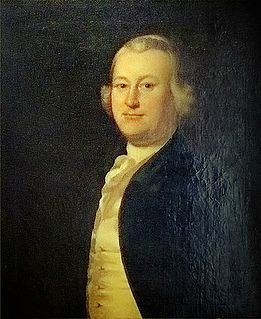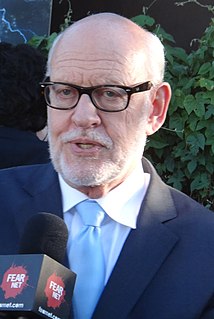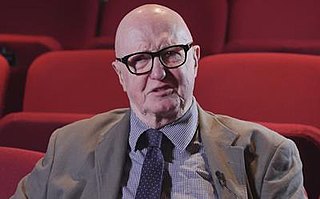A Quote by Linda Colley
In Britain, British history is naturally a mainstream subject. Step outside your own narrow specialism, and you can find yourself treading on someone else's toes. But in America, British history is an eccentric, minority pursuit, and while this can be intellectually isolating, it also permits extraordinary freedom.
Related Quotes
'A Naval History of Britain' which begins in the 7th century has to explain what it means by Britain. My meaning is simply the British Isles as a whole, but not any particular nation or state or our own day... 'Britain' is not a perfect word for this purpose, but 'Britain and Ireland' would be both cumbersome and misleading, implying an equality of treatment which is not possible. Ireland and the Irish figure often in this book, but Irish naval history, in the sense of the history of Irish fleets, is largely a history of what might have been rather than what actually happened.
Every British Subject born on the continent of America, or in any other of the British dominions, is by the law of God and nature, by the common law, and by act of parliament, (exclusive of all charters from the crown) entitled to all the natural, essential, inherent and inseparable rights of our fellow subjects in Great- Britain.
We fear the arrival of immigrants that we have drawn here with the wealth we stole from them. For much of the rest of the world we must be the focus of bitter amusement, characters in a satire we don't understand. It is British people that don't learn languages, or British history. Britain is the true scrounger, the true criminal.
I have no idea what a British sensibility or a British sense of humor is. I have no concept of what that is. I have no concept of what American sensibility is. I was born in Great Britain, but I was only there for six months, and we moved to Belgium, where I grew up. I love Britain, I lived there for nine years doing shows and things, but I don't know what a British sensibility is. I'd like to have someone tell me what an American sensibility is.
The freedom fighters in India's long struggle for independence from British rule, or members of the African National Congress, were once classed as terrorists. History, as they say, is written by victors, but history also has many cunning corridors - how much time must elapse before all those tricky side-passages are revealed?
In the late 1930s, both the British and American movie industries made a succession of films celebrating the decency of the British Empire in order to challenge the threatening tide of Nazism and fascism and also to provide employment for actors from Los Angeles's British colony. The best two were Hollywood's Gunga Din and Britain's The Four Feathers...






































